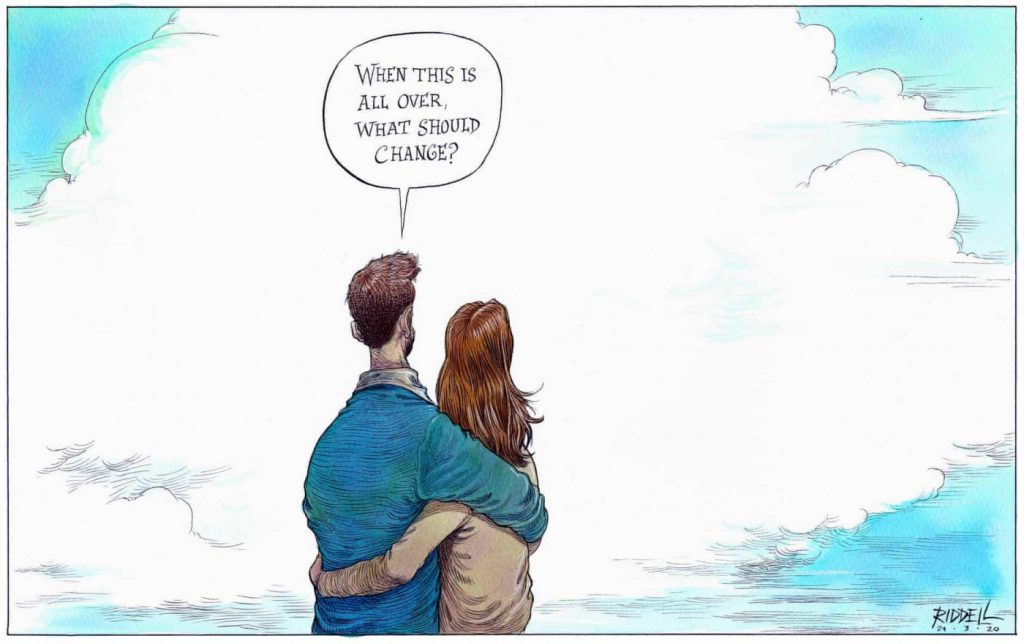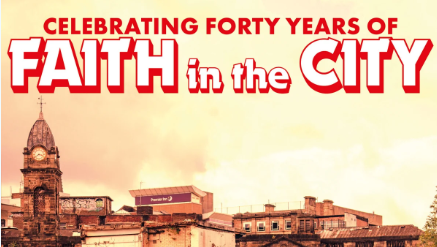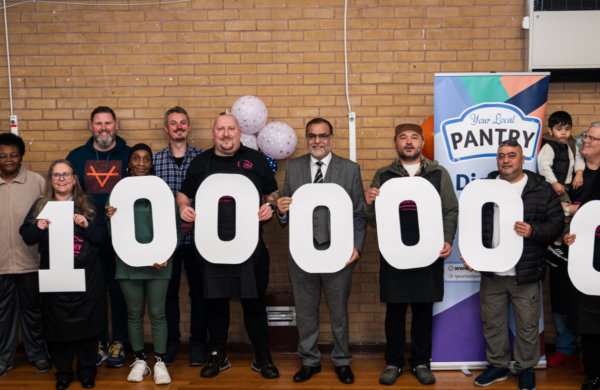New wine, new wineskins part 3: What needs to change?
This is the third and final part in a series of blogs about building a positive social vision for our life together after the pandemic.

“A revolutionary moment in the world’s history is a time for revolutions, not for patching”
(William Beveridge)
We don’t want to propose specific policies here. Rather, we are looking for the vision and values that will guide us as we journey out of the pandemic and into a new world. What would it mean if we sought to:
- Build stronger communities based on shared values of compassion and solidarity, and stronger relationships with our neighbours – including people who have been marginalised, ignored and mistrusted in the past.
- Ensure that everyone has a voice in decisions about how we build back better – most especially people who have been marginalised and excluded
- Build systems and policies that are rooted in community, security, solidarity, sharing and mutual aid, rather than competition and profit.
- Invest properly in the public services that express our interdependence and connection to one another, including the benefits system.
“The pain and cost of rebuilding must be borne by those with the broadest shoulders, not with another 10 years of austerity,”
(Justin Welby)
Are we prepared to speak out boldly and prophetically, with a more positive vision of the future, while people still remember the deep values of community and solidarity that are sustaining us all during the pandemic?
Questions
- How can the voices of those who are usually marginalised be brought to the centre of public debates as to how we build a better society?
- What are the ways in which communities and society have responded to the pandemic that we would want to build on in future?
- What kind of ‘revolutionary ideas’ might now be more feasible and help create a fairer society which enables us all to be more secure and more resilient in future? What would we need to do to bring them about?

Communications and Supporter Relations Manager
How should churches address rural poverty?
How is rural poverty changing, and how should churches, dioceses and Government respond? Paul Phillips explores the issue, and reports on his diocese’s work. In …
Faith In The City: why it still matters, 40 years on
In a new book, authors Terry Drummond and Joseph Forde revisit the landmark Faith In The City report, 40 years on. Faith in the City, …
Pantries reach 1 million visits – as new research proves they work
Community breakfast held to mark millionth visit New research shows Pantries improve people’s health, reduce worries and reunite communities Thank you for your amazing support! …
Grief is hard enough: it’s time to improve funeral support
Lindesay Mace from Quaker Social Action outlines their latest work to help people with funeral costs Bereavement can be a deeply challenging experience. In the …
New toolkit: Hosting a regional anti-poverty roundtable
Our new roundtable guide will help churches or dioceses to host productive regional events We’ve published a new resource for churches and dioceses who would …
Review: The Perils of Universal Credit
Ellie Malhotra reviews a new play, a much-needed wake-up call for change that restores power to voices that are too often ignored. Tucked away above …
How should churches address rural poverty?
How is rural poverty changing, and how should churches, dioceses and Government respond? Paul Phillips explores the issue, and reports …
Faith In The City: why it still matters, 40 years on
In a new book, authors Terry Drummond and Joseph Forde revisit the landmark Faith In The City report, 40 years …
Pantries reach 1 million visits – as new research proves they work
Community breakfast held to mark millionth visit New research shows Pantries improve people’s health, reduce worries and reunite communities Thank …




Comments (04)
Comments are closed.